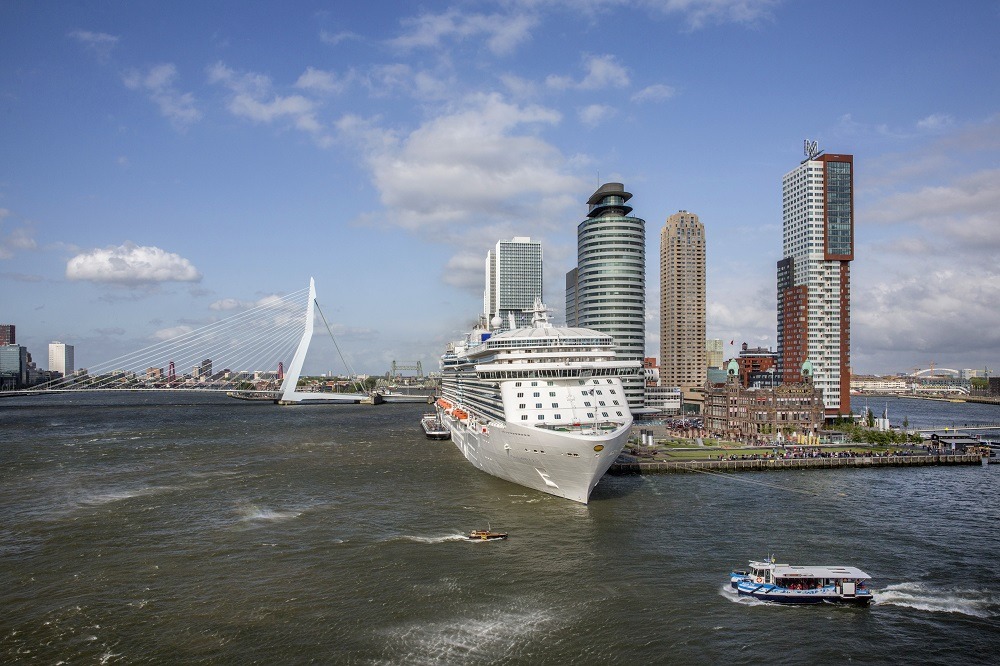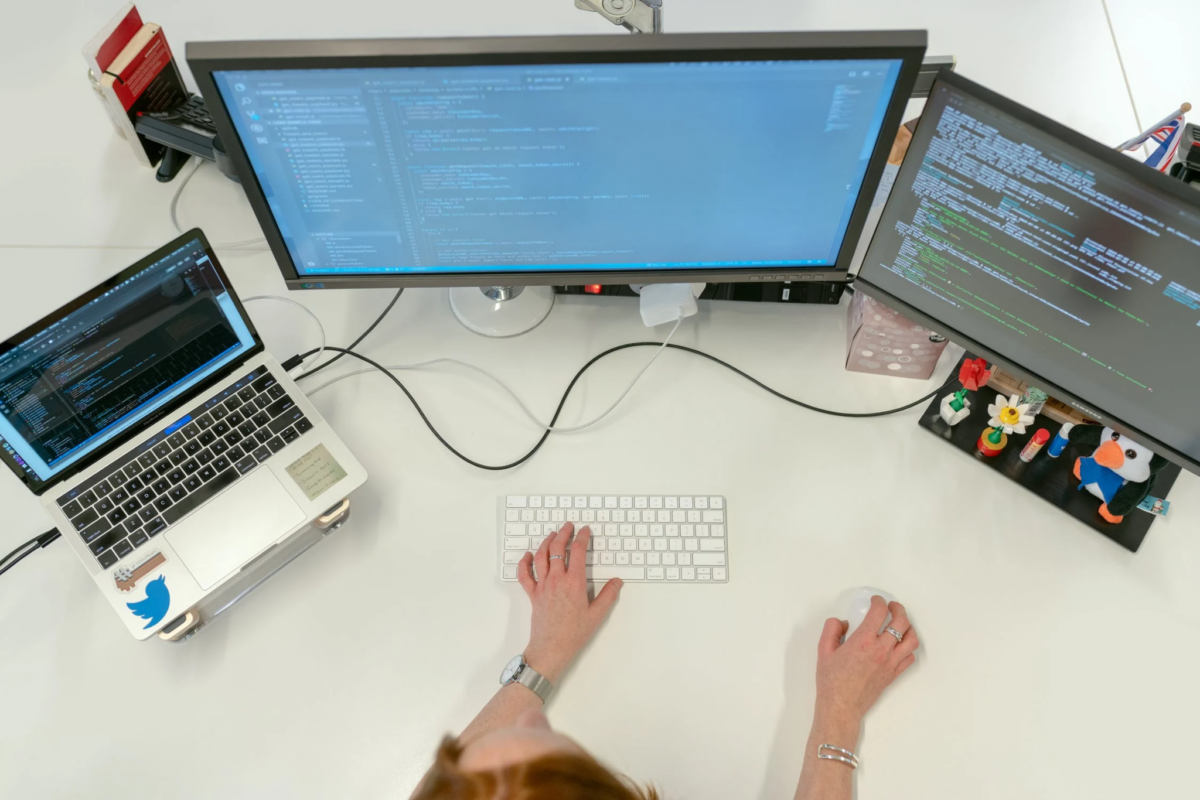 If you truly want to sample Dutch life, then start cycling in the Netherlands! A traditional Dutch bike is sturdy and no-nonsense. Plus, it is not difficult to find a fairly inexpensive or second hand one in Holland. This page will give you a rundown of the benefits of cycling in NL, and help you to decide which type of bike is right for you.
If you truly want to sample Dutch life, then start cycling in the Netherlands! A traditional Dutch bike is sturdy and no-nonsense. Plus, it is not difficult to find a fairly inexpensive or second hand one in Holland. This page will give you a rundown of the benefits of cycling in NL, and help you to decide which type of bike is right for you.
 If a stranger offers to sell you a bicycle for less than € 40, don’t buy it. It’s probably stolen, and you too are violating the law if you take possession of it.
If a stranger offers to sell you a bicycle for less than € 40, don’t buy it. It’s probably stolen, and you too are violating the law if you take possession of it.
Why Use a Bike in NL?
There are endless perks to owning and cycling a bike in the Netherlands. It is one of the most bike-friendly countries in the world, and is covered with well-kept ‘fietspaden’ (cycle paths). This enables you to:
- Enjoy regular fresh air and exercise
- Embrace a quintessential element of Dutch culture
- Save money on petrol and lower your carbon foot print
- Avoid sitting in traffic
Travelling by Bike in NL
More importantly perhaps, cycle paths run through areas that cannot be reached by motorized vehicles:
- This makes it extremely easy to access the many remote areas of natural beauty that can be found in Netherlands
- You can pick up great cycling guide books and maps at the VVV or the ANWB
- These will enable you to plan long or short trips anywhere you like
- What is more, trains have special bicycle compartments
- This means you can travel to different areas of the country in a carriage with your bike, and take off from there
For more information on cycling tours, check out the fietsnetwork, or download their app.
Where to Buy your Dutch Bike
1. Second Hand
Most students and foreign visitors buy second-hand bicycles, known as ‘tweedehands fietsen’ or ‘tweedehands rijwielen’. A reasonably good quality one will cost you between € 100 and € 200. You can find them at:
- Second-hand bicycle shops
- Bicycle parking facilities near railway stations
- On Marktplaats
- Advertised in the small ads at the back of your local newspaper, under ‘Rijwielen’
- On the notice board at the supermarket
- Anywhere students congregate!
 Tip
Tip
Ask for Advice
- The nature of the second-hand bicycle market varies from town to town. Therefore, you should ask a local for advice about it. They may know of an especially good second hand shop. If you’re lucky, they may even help you pick out your bicycle and negotiate the price!
- A woman’s bike is called a ‘damesfiets’ and a man’s bike is called a ‘herenfiets’. Dutch men are not embarrassed to ride women’s bicycles, and vice versa
2. Brand new
Some expats are keen to get a new bicycle, made by one of the well-known manufacturers. If you are interested in going down this (cycle) path, here’s what you need to do:
- Unsurprisingly, you will need to visit a bicycle shop
- A new bicycle will probably cost between € 400 and € 800
- A discount store will sell you a new, imported bike for as little as €275
- If you choose to go for one of these, be sure you examine it thoroughly. You need to make sure that its quality is sufficient, before handing over your money
 Tip
Tip
Keep your Bike Safe
When you buy a bicycle, make sure that its lights work and that it has a sturdy lock (‘slot’). Or, to be extra safe, why not buy a chain and padlock? With these, you can fasten your bicycle to something when you park it. Secure parking for bicycles is available at most railway stations and in some city centers across the Netherlands. Just look for signs reading: ‘rijwielstalling’ or ‘fietsenstalling’.
3. Bike Rental
If you are traveling to a region of the Netherlands without your own bike, you can simply rent one:
- There are usually bicycle rentals in the parking facilities of railway stations
- Bicycle rentals will loan you a bike for the day, under payment of a deposit
- It is wise to telephone in advance to make a reservation and to ask at the railway station for a free booklet about this
- In certain places, such as Veluwe National Park, bicycles are available free of charge, to help you roam the beautiful woods at your leisure
4. OV-Fiets
Many Dutch people also make use of the Public Transportation Bicycle: the ‘OV-fiets’. If you do not work in your city of residence in the Netherlands, and need to travel by train for a significant leg of the journey, this is the service for you. You can rent an OV-fiets from the station nearest to your work, and cycle the rest of the way.
Some OV-fiets facts:
- To rent an OV-fiets, you pay € 4.55 per 24 hours
- After keeping your bicycle for 72 hours, you will start to pay € 5 extra per 24 hours
- If you hand your OV-fiets in at a different location, you will incur an extra charge
- You can request a public transportation bicycle pass (OV-fietspas)
- You can get your own public transportation pass, or Studenten OV-chipkaart, registered. This will enable you to pick up an OV-fiets at any time. Payments for this are made later, at an automatic payment machine (‘automatische incasso’)
- Bicycles are available at almost 300 locations throughout the country (approximately 100 towns/cities), including various locations within the bigger cities of Amsterdam, The Hague and Rotterdam
 Tip
Tip
Rent a Bike from a Train Station
More than 150 train stations also offer the possibility of renting a bicycle, on a non-public transportation basis. The bike will cost between €7.50 and €15 a day, on top of a security deposit of €50.
More information on this can be found at: ‘Nederlandfietsland’
Traffic rules for cyclists
As a cyclist, you must adhere to Dutch traffic signs and obey the rules of the road. Here are some important pointers:
- It is essential that you stay within the bicycle lanes marked on the street
- As a rule, cars that are turning across your path are supposed to stop for you, but it is wize to watch out nonetheless
- You should signal with your arm, if you are planning to turn
- You can be fined for riding at night without lights, for drunken cycling and for reckless endangerment when using your mobile phone whilst on a bike
- Unlike in many other countries, you may not ride your bicycle on the sidewalk in the Netherlands
A Phone on a Fiets
The legislation forbidding car drivers from using their phones whilst driving does also applies to cyclists! You risk a ticket of € 140. What is more, if your behavior has contributed to an accident or a (potentially) dangerous situation in traffic, you run the risk of being prosecuted.
 Side Note
Side Note
Mopeds in NL
You need a moped license, or an ‘AM license’, if you ride:
- A moped (brommer or bromfiets)
- A motorized bicycle (snorfiets)
- A light vehicle (brommobiel)
- A quad (vierwielige brommobiel)
Driving License
If you have a driver’s license for automobiles or motorcycles, you do not need to get a separate AM-license. You can take the theoretical exam for driving an automobile or a motorcycle from the age of 15-and-a-half, and the practical exam from age 16. If, for medical reasons, your driver’s license is no longer valid, you can still obtain or retain an AM-license for the purpose of driving a light vehicle.
 Recommended reading
Recommended reading
Feeling a little nervous about hitting the Dutch streets on only two wheels? These books contain everything you need to know about how to survive and enjoy cycling in a Dutch city:
 Useful links
Useful links
CYCLING TOURS IN THE NETHERLANDS

The Holland Handbook 2024
It is that time of year again; the new and annually-updated version of The ...

Dutch Taxes
Taxes are always complicated. If you have moved to the Netherlands from another country they ...

The UnDutchables 9.0
Following the legendary previous eight editions of The UnDutchables, the 9th edition of this all ...

Making the most of your Dutch home
Whether you are renting, staying in a long-term AirBNB or have just bought a ...

Gift giving in the Netherlands-all ...
If you feel like skipping your birthday, you may be in for a challenge when ...

10 things you will find in every Du ...
The Dutch are very fond of houseplants, the more the merrier! You will find the ...

Obtaining a Mortgage as an Expat in ...
Obtaining a mortgage as an expat in the Netherlands can be a complex process, as ...

Help me move to the Netherlands!
Obviously, the decision to move to the Netherlands is not one to be taken lightly ...

The Impact of Technology on Educati ...
Education is unending and pivotal in society. Technology is one of the most dynamic entities ...

Five Renovation Tips to Increase yo ...
Learn how much home renovations cost – and which repairs increase the home value, and which ...